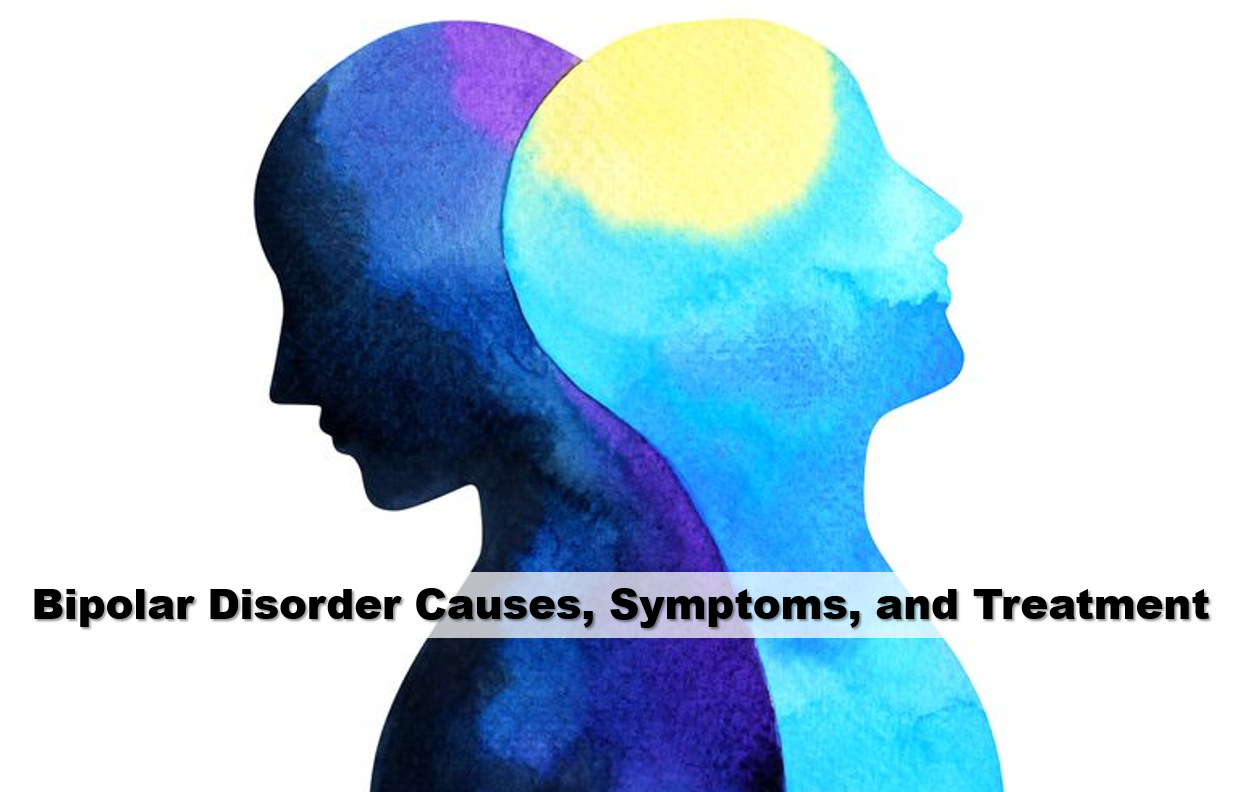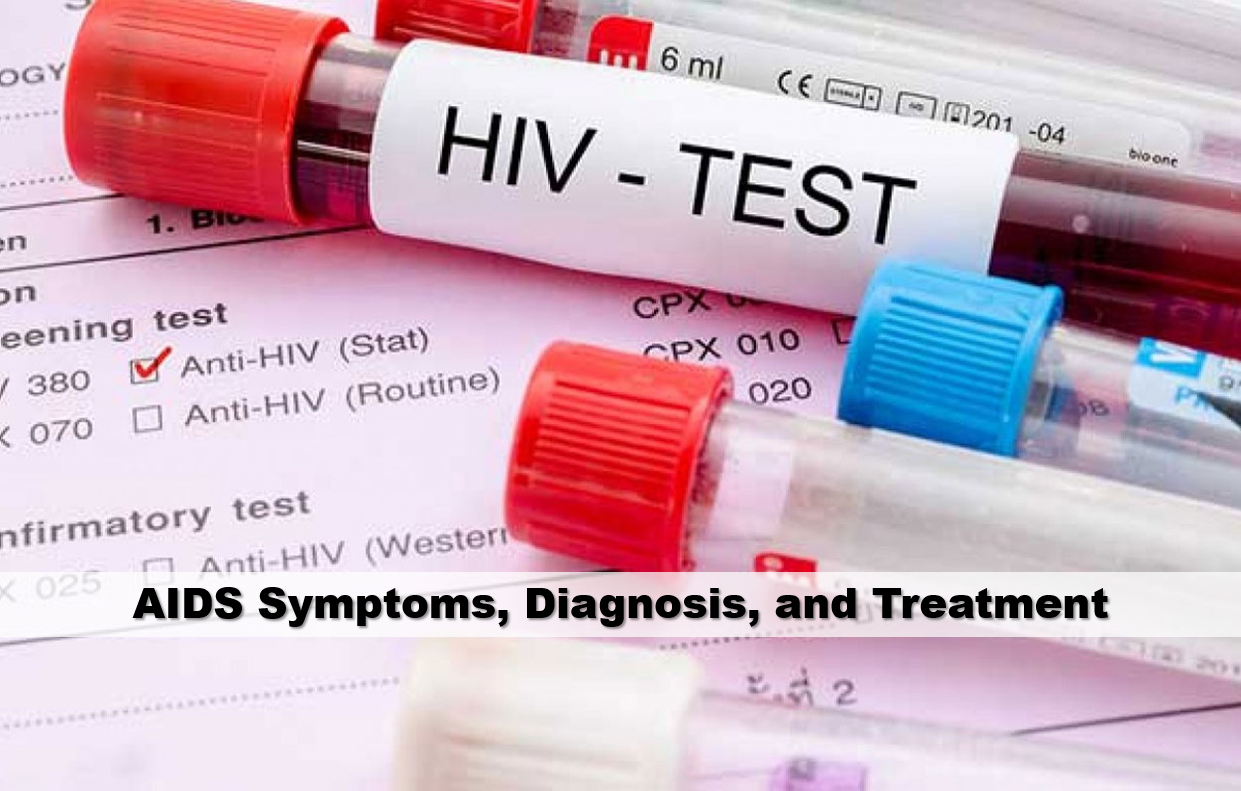Bipolar Disorder Causes, Symptoms, and Treatment

What is a bipolar disorder? What causes bipolar disorder, and is it curable? Bipolar disorder is a disease formerly known as manic-depressive illness. There are two types of mental disorders in this disorder. These conditions can be defined as mania and depression. These periods follow each other, and periods of sedation and exacerbation are observed. Each attack can take several weeks when it starts, and the duration of attacks may not be equal. Here, we will explain the bipolar disorder causes, symptoms, diagnosis, and treatment methods in the text below.
What Is Bipolar Disorder?
Bipolar disorder, formerly known as manic-depressive illness, is a mental disorder characterized by two distinct stages of illness. In one of these disease periods, there is an overflow (mania), and in the other, depression is observed. These two illnesses, which seem to be opposite to each other, progress with appeasement and exacerbations. Except for periods of illness, the patient almost completely returns to normal. In some patients, the symptoms partially affect daily life, but patients recover. Bipolar disorder does not differ between populations, and it is seen on average around 2-3%. The rate of early women is equal, and the average age of onset is between 20–25.

Bipolar Disorder Causes
The exact cause of bipolar disorder is unknown. There are some theories about this:
- Genetic factors
- A chemical imbalance in the brain
- Triggering factors: The death of a family member or someone you love, physical illness, insomnia, experiencing sad events in daily life (divorce, bankruptcy, dismissal, loss of reputation, etc.), or emotional or sexual abuse.
The disease is largely seasonal. While patients experience attacks in spring and summer, depressive symptoms are more common in winter and autumn. While the period between the two disorders is long in the first years of the disease, this period shortens in later years. The duration of the disorder is prolonged in patients without treatment.
|4 Best Essential Oils For Depression|
Bipolar Disorder Risk Factors:
- Smoking
- Not enough physical activities
- Bad eating habits
- Side effects of drugs
- Business problems
- Stressful life
- Changes in adrenaline, insulin, stress hormone, and cortisol system
- Living in a high crime neighborhood.
- Financial problems
Bipolar Disorder Symptoms:
In the depressive period, the following symptoms can be experienced:
- Feeling sad, hopeless, and restless
- Lack of energy
- Difficulty in concentration and remembering
- Loss of interest in daily activities
- Sense of worthlessness
- Guilt and despair
- Pessimism
- Hallucinations or irrational thoughts
- Difficulty in sleeping or excessive sleeping
- Thoughts of suicide

In the manic period, the following symptoms can be experienced:
- Feeling so happy and joyful
- Speaking too fast
- Feeling very energetic
- Being full of new ideas and plans
- Easily distraction
- Hallucinations and illogical thoughts
- Sleeping less
- Eating less
- Escaping extremism in activities, for example, spending excessive money
- Doing things that are risky and harmful
Often, episodes of mania and depression follow each other. There may be normal periods in between, and there may be a continuous cycle between these two conditions.
Bipolar Disorder Diagnosis
If you or someone nearby has symptoms of a depressive or manic episode above, you should immediately contact your nearest mental health professional (psychiatrist), if you notice that the symptoms are periodic. The psychiatrist makes a diagnosis by carefully listening to the patient and his / her relatives. There is no other test to diagnose the disease. Bipolar disorder can be misdiagnosed as depression.

Bipolar Disorder Treatment
In bipolar disorder, as well as the treatment of attacks, preventive treatment is provided to prevent the occurrence of attacks. There is no specific treatment plan for bipolar disorder. The physician plans the treatment according to the patient. The patient must be informed about the disease in addition to drug treatment, streamlining daily life, avoid alcohol, and drug use, and it is also essential to gain the ability to cope with stress. Although lithium is used for the treatment of a bipolar disorder, epilepsy or psychosis drugs such as valproate and carbamazepine can be used.





